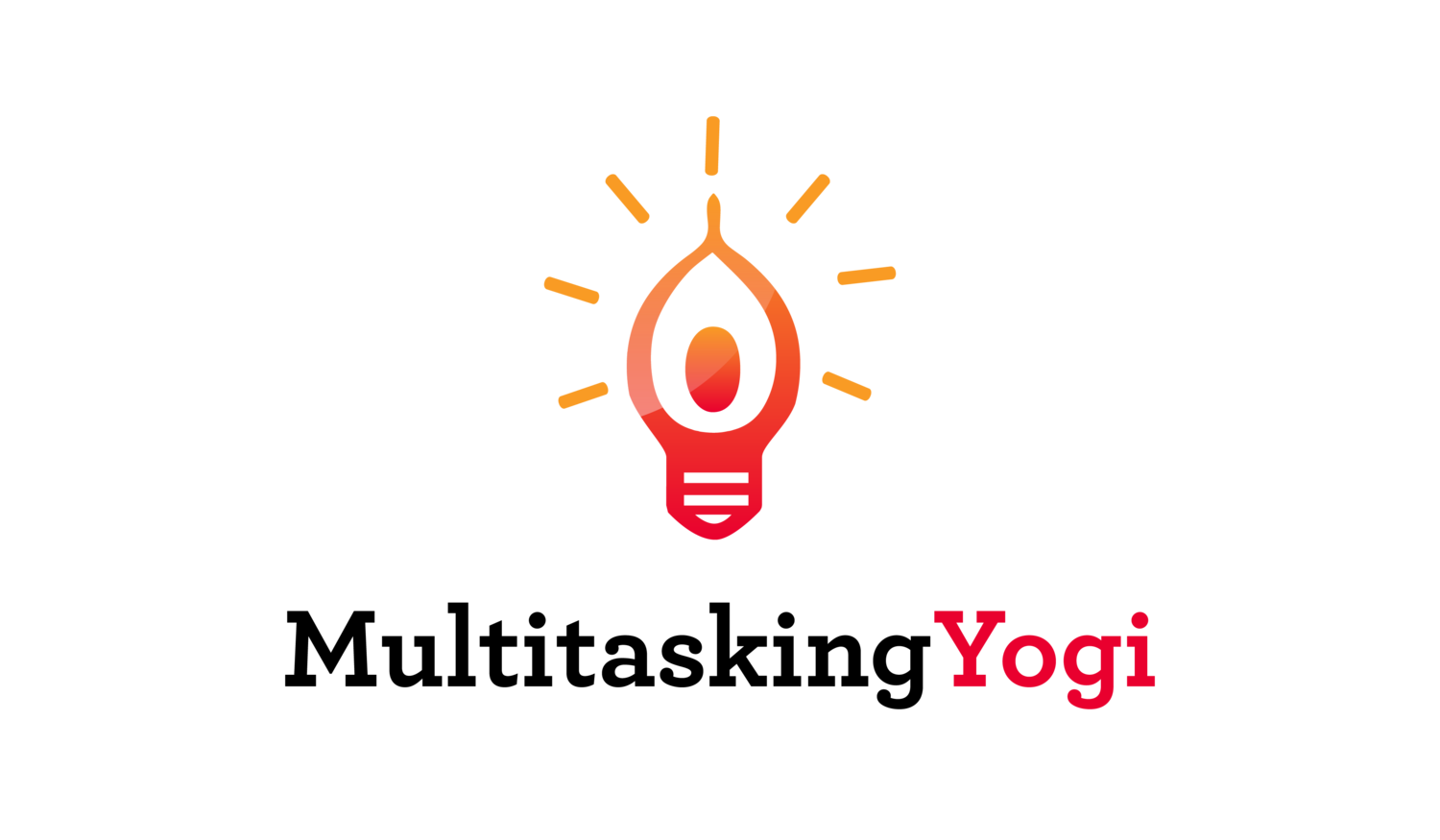Professional Learning to Help Heal the Healers
Audre Lourde said “Caring for myself is not self-indulgence, it is self-preservation, and that is an act of political warfare.” In a busy, stressful, production-driven culture, it is essential that we intentionally take time to nourish ourselves and reset our nervous systems. In staff PD sessions, we practice simple mindfulness and somatic techniques, such as breathwork, mindful movement, and massage, that are designed to be easily implemented throughout the day. Using chairs or yoga mats, we do some light yoga to build mind-body connection and remind ourselves of the benefits of slowing down and listening to our bodies. We discuss and practice how we can modify our practice to make it accessible for our students.
In partnership with Asutra, PD sessions come with self-care products for all participants to ensure the tools and practices are sustainable.
All levels are always welcome.
Site
Go Project
OBJECTIVE
Develop a culture of mindfulness
TACTICS
Self-care for educators
Morning circle activities
Restorative approach to behaviors that harm relationships
Empowering students to lead mindfulness breaks
Site
75 Morton
OBJECTIVE
Introducing mindfulness in classrooms
TACTICS
Self-care for educators
Advisory mindfulness breaks
Mindful approach to remediation and reintegration
One-to-one student support
“Colin’s work with students and staff is a reminder about the power of listening, observing, connecting and exploring. He doesn’t come to answers- he searches for possibilities and along the way, we all learn this graceful approach with ourselves and students. Colin has an uncanny ability to develop trust and meaningful relationships with students by sharing techniques for being calm enough to think through issues and problematic relationships. He makes plans that are co-created with students, and provides small steps that leaves them in control, but with support.”
What we’ve learned:
1.
Students are more likely to engage with mindfulness discussions and circles if presented with content they can relate to. Examples include The Rock speaking on his depression and trusting his gut; Kobe Bryant's Oscar-winning short film "Dear Basketball" in a discussion about visualizing goals; and the theme of self-preservation as it relates to the film "Black Panther'.
2.
Educators are more receptive to mindfulness learning if they are presented with strategies that 1) support their own practice and wellbeing and 2) include tactics they can implement in the classroom for students.
3.
Ongoing enthusiasm in students can be maintained if mindfulness is integrated into the intricate workings of the campus. Examples of this include bringing students' attention to their breath and 'baseline' during daily opening assemblies (at Go Project, we call this Harambe) and complimenting mindfulness milestones with the campus' success (or behavior) rewards system (at Go Project, we call this ASPIRE).



